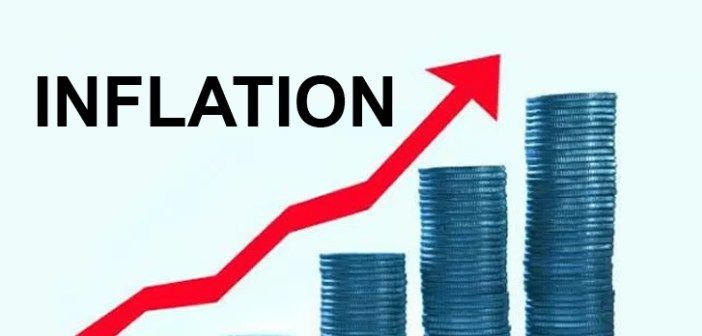Ghana’s 19.4% inflation rate attributed to Russia-Ukraine war
Ghana has been feeling the real impact of the geographical conflict between Russia and Ukraine for weeks now.
This is evident in the rising cost of petroleum products which has led to high transportation and food costs.
According to government statistician, Prof. Samuel Kobina Annim, the situation has impacted on the country’s inflation rate in the last two months.
“The 19.4% high inflation rate, which is the highest in 13 years can be associated with the invasion of Ukraine by Russia which has impacted negatively on the country’s food supply.
‘’If you look at the trend over the last three months, one will want to assume that the effect of the war in Ukraine, if anything is now turning on inflation. Given that for the months of January and February, the highest inflation was on housing, water, electricity and gas, and now we’re seeing the drift away from housing, water, electricity and gas, and its now on transport and food.
‘’For the first time we are seeing the Brong Ahafo Region recording the highest rate of inflation with 23.3% and the Upper East Region recording the least of inflation of 12.5%’’, he added.
Per the new data released by the Ghana Statistical Service (GSS), rising cost of food prices mainly accounted for the surge in the inflation rate.
On a month-on-month basis, inflation rose by 3.7 percentage points from 15.7% in February 2022 to 19.4% in March 2022.
According to the figures, food inflation recorded a rate of 22.4% in March 2022, compared to 17.4% in February 2022.
Foodstuffs such as Oil and Fats (28.2%), Water (27.1%), Cereal Products (25.0%), Vegetables (23.8%), Fish and Other Seafood (23.7%), Fruits and Nuts (22.1%), Soft Drinks (20.5%) and Live Animals and Meat (20.2%) recorded inflation rate, higher than the national average.
Non-food inflation however recorded a rate of 17.0% in March 2021, from 14.5% recorded in February 2022.
Transport including fuel recorded the highest inflation rate of 27.6%, followed by Housing with an inflation rate of 21.4%.
Also, local inflation shot up to 20% in March 2022, as against 17.3% of imported goods or inflation.
The Bono Ahafo region recorded the highest rate of inflation of 23.3% in the country whereas the Upper East region recorded the lowest rate of inflation of 12.5%.
The rising inflation means interest rates will continue to surge, whilst cost of credit will also go up.
However, it is expected that with the recent policy rate hike to 17% by the Bank of Ghana as a measure to counter rising inflation and return it to the target band, inflation in the coming months is expected to fall.








